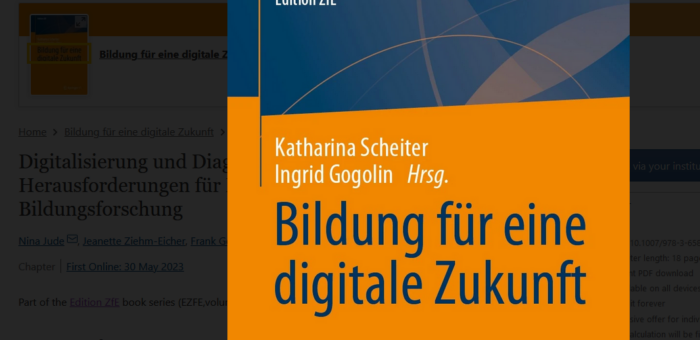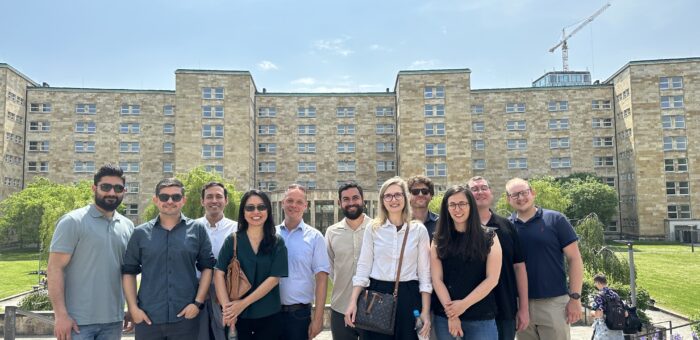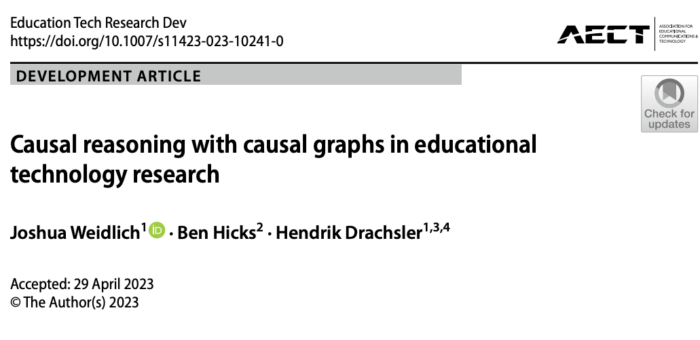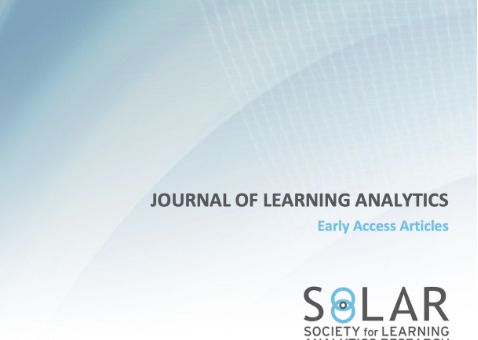
Dr. Eyal Rabin from the Open University of Israel joins EduTec group and GU as an International Visiting Fellow
We are delighted to announce that Dr. Eyal Rabin, a distinguished researcher in the field of educational technology, has joined us as an International Visiting Fellow at the EduTec group at DIPF and Goethe University in Frankfurt from July till September. This fellowship is generously funded by the Goethe University and aims to foster collaborative research and knowledge exchange in the field of educational technology. Dr. Rabin serves as a research associate at the Center of Innovation in Educational Technology at the Open University of Israel. His research expertise lies in exploring the complexities of learning in online courses and digital environments, employing learning analytics methods (LA) and drawing from multiple interdisciplinary fields, including psychology, education and computer science. The focus of Dr. Rabin's research revolves around understanding the factors…







